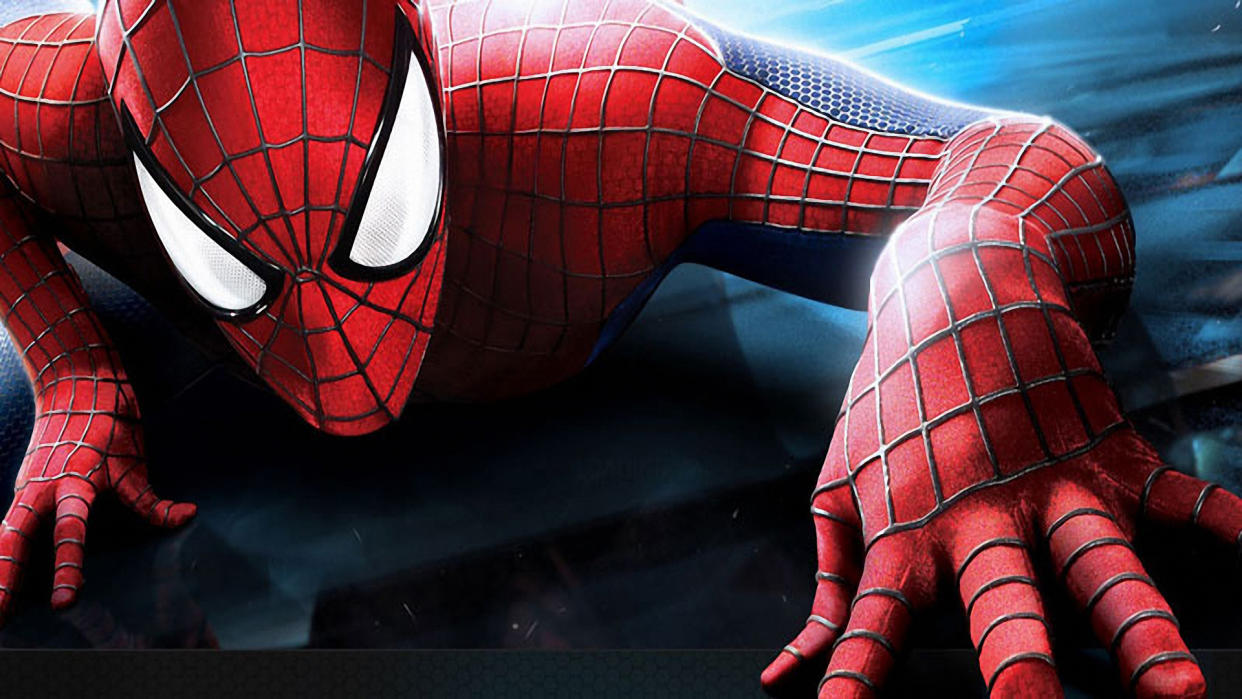Marvel Wins Supreme Court Dispute Over Spider-Man Toy

The Supreme Court refused to overrule precedent and sided with Marvel Entertainment by concluding that a patentee cannot continue to receive royalties for a patent after it expires.
The court ruled 6-3 in Kimble vs. Marvel Entertainment.
The case involved Stephen Kimble, who had a patent on a toy that allowed kids to shoot webs from pressurized foam string. After Marvel released a web blaster, Kimble sued in 1997. As part of a settlement, Marvel acquired his patent in exchange for a lump sum of about $500,000 and 3% of all future sales.
The settlement agreement, however, set no end date for the royalties. Marvel then discovered court precedent on patents, Brulotte vs. Thys Co., and sought a declaratory judgment that it did not have to pay Kimble any future royalties once his 20-year patent expired in 2010.
In the opinion written by Justice Elena Kagan, the court concluded that Kimble’s effort to overturn Brulotte vs. Thys Co. was a policy matter better left to Congress.
Among other things, Kimble argued that his inability to collect royalties beyond the patent term, even when his agreement with Marvel did not specify an end date, would hurt innovation.
But in her majority opinion, Kagan wrote that “neither Kimble nor his amici have offered any empirical evidence connecting Brulotte to decreased innovation; they essentially ask us to take their word for the problem. And the United States, which acts as both a licensor and a licensee of patented inventions while also implementing patent policy, vigorously disputes that Brulotte has caused any ‘significant real-world economic harm.’ Truth be told, if forced to decide that issue, we would not know where or how to start.”
Kagan also cited a “web of precedents” and quoted the “Spider-Man” comics.
“What we can decide, we can undecide,” she wrote. “But stare decisis teaches that we should exercise that authority sparingly. Cf. S. Lee and S. Ditko, Amazing Fantasy No. 15: “SpiderMan,” p. 13 (1962) (‘[I]n this world, with great power there must also come — great responsibility’).”
“Patents endow their holders with certain superpowers, but only for a limited time,” she wrote.
Justices Samuel Alito and Clarence Thomas dissented, as did Chief Justice John Roberts.
Marvel Entertainment said in a statement, “Marvel is pleased with the Supreme Court’s decision, which upholds the court’s legal precedent from half-a-century ago.”
Related stories
Marvel Rehires Rob Steffens as CFO
'Avengers: Age of Ultron' Evil Robot Infests Mobile Game 'Marvel Contest of Champions'
Rosario Dawson Joins Cast of Netflix's 'Daredevil'
Get more from Variety and Variety411: Follow us on Twitter, Facebook, Newsletter
